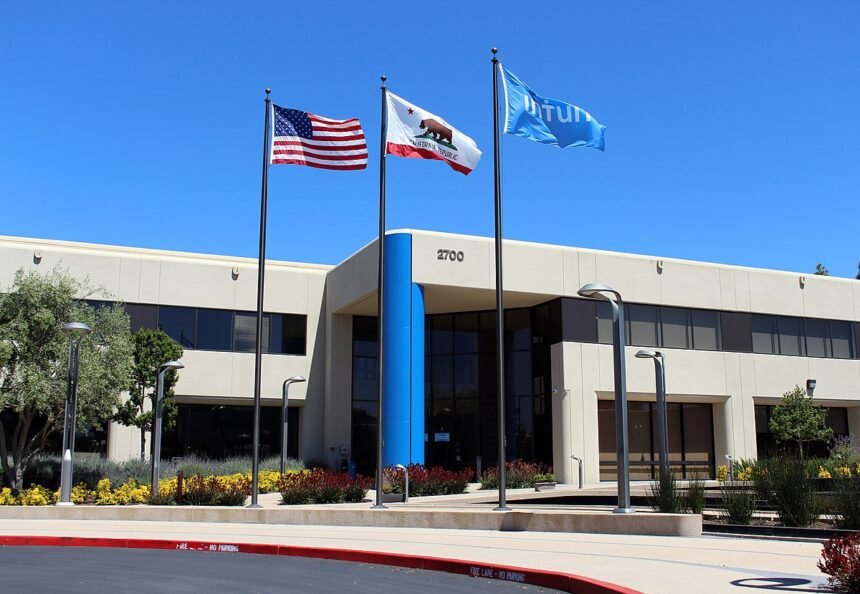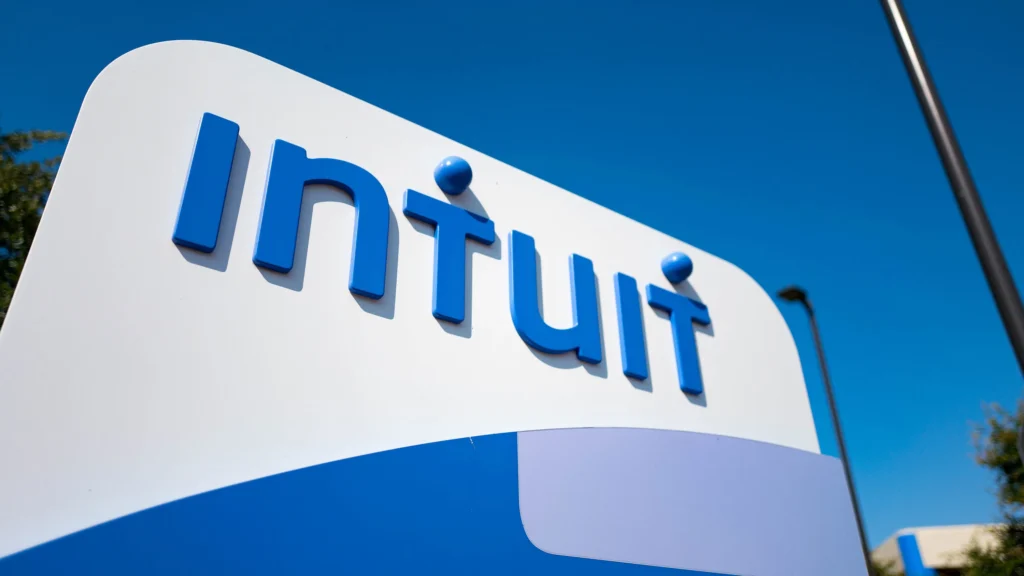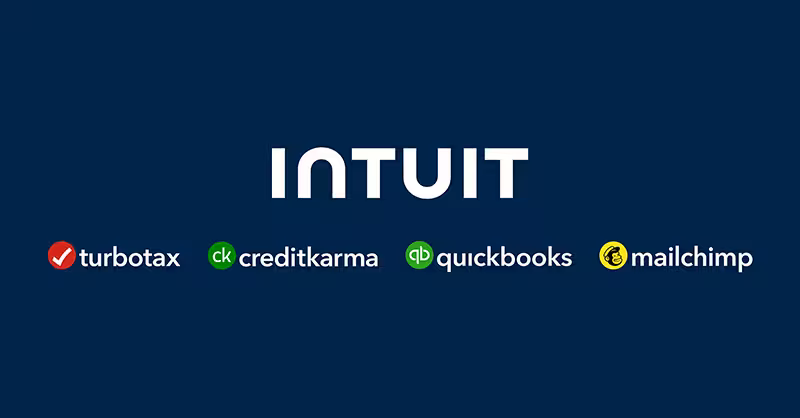In a bold move reflecting the shifting tides of the technology industry, Intuit, the financial software giant known for its flagship products like QuickBooks and TurboTax, has announced a significant restructuring plan. This decision, unveiled on July 10, 2024, involves laying off approximately 1,800 employees, which constitutes about 10% of its global workforce. The company’s primary focus is on realigning its resources to emphasize artificial intelligence (AI) and other strategic growth areas, marking a notable pivot in its operational strategy. Let’s Read about Intuit Layoff.
A Shift Towards AI and Strategic Realignment
Intuit’s decision to undertake these layoffs is deeply intertwin with its vision for the future. CEO Sasan Goodarzi communicate to employees that this move is not driven by a need for cost-cutting but rather by a strategic realignment towards AI and other high-growth areas. In an internal email, Goodarzi highlight that over 1,000 of the layoffs are target at employees who were not meeting the company’s elevate performance expectations. This decision underscores Intuit’s commitment to raising its performance bar as it navigates the evolving landscape of technological advancements.
Goodarzi’s message emphasized that the era of AI represents one of the most significant technological shifts of our lifetime. He warned that companies unprepared to leverage this AI revolution risk falling behind or even becoming obsolete. This focus on AI aligns with Intuit’s recent investments in generative AI-powered tools and its broader strategic goals. The company has been an early adopter of AI, integrating it into various aspects of its products to enhance user experience and operational efficiency.
Impact on Employees and Offices
The restructuring plan will not only impact the workforce but also result in the closure of Intuit’s offices in Boise, Idaho, and Edmonton, Alberta, Canada. These closures will affect more than 250 employees. The company has indicated that some of these employees will be relocate to other offices, but the move is part of a broader strategy to streamline operations and consolidate resources in key locations.
For the employees affected by the layoffs, Intuit has outlined a comprehensive severance package. U.S. employees will receive a minimum of 16 weeks of pay, plus an additional two weeks for every year of service. Additionally, they will have six months of health insurance coverage and access to career transition and job placement services. This support is designed to help ease the transition for those impacted by the reorganization.
Strategic Focus on AI and Growth Areas
The core of Intuit’s reorganization revolves around accelerating its focus on AI and other strategic growth areas. The company plans to hire 1,800 new employees in fiscal year 2025, particularly in engineering, product development, and customer-facing roles. This hiring initiative is expect to counterbalance the recent layoffs and drive growth in crucial areas such as AI and international expansion.
Intuit’s recent forays into generative AI include the launch of Intuit Assist, an AI tool designed to provide personalized briefings, answer questions, and draft communications for business owners. This tool exemplifies how Intuit aims to harness AI to offer more value to its users and stay ahead of the competition. The company’s investment in AI reflects a broader trend among tech firms to integrate advanced technologies into their products and services.
Financial Implications and Market Reactions
The financial ramifications of Intuit’s restructuring are significant. The company anticipates incurring between $250 million and $260 million in charges related to the reorganization, primarily due to severance payments. This expenditure is expected to be reflected in the company’s fiscal fourth quarter results, ending July 31, 2024.
Following the announcement, Intuit’s stock experienced a 3.6% decline in morning trading, highlighting investor concerns over the immediate impact of the layoffs and restructuring. However, the company’s long-term strategy focuses on leveraging AI to drive growth and enhance its product offerings, which could potentially benefit its market position in the future.
Broader Context of Tech Layoffs
Intuit’s layoffs are part of a larger trend within the technology sector, where many companies have been adjusting their workforces in response to shifting priorities and economic conditions. Major tech giants such as Google, Meta, Tesla, and Amazon have also implemented significant layoffs in recent years. Moreover, These adjustments reflect a broader need for agility in an industry characterized by rapid technological advancements and changing market dynamics.
The focus on performance and strategic alignment seen in Intuit’s layoff strategy is indicative of a broader trend where companies are recalibrating their workforces to meet evolving business needs. By addressing performance issues and reallocating resources to high-growth areas, Intuit aims to position itself for future success in a competitive and rapidly changing industry.
Future Outlook and Company Vision
Looking ahead, Intuit’s strategic shift towards AI and international expansion represents a calculated effort to drive growth and innovation. The company plans to enhance its fintech capabilities and explore new markets, including Canada, the UK, and Australia. Moreover, This expansion aligns with its vision of leveraging AI to deliver unprecedented benefits and maintain a competitive edge.
Goodarzi’s communication to employees emphasized that the company remains committed to its mission of powering prosperity around the world. Despite the immediate challenges pose by the layoffs, Intuit’s leadership is focus on harnessing the potential of AI and other strategic initiatives to drive long-term success.
In conclusion, Intuit’s recent layoff announcement and reorganization plan reflect a strategic realignment aimed at embracing the AI revolution and positioning the company for future growth. While the immediate impact on employees and financials is significant, the company’s focus on AI and strategic expansion underscores its commitment to innovation and long-term success. As Intuit navigates this transitional period, its ability to effectively integrate AI and capitalize on emerging opportunities will be crucial to its ongoing evolution in the tech landscape.














